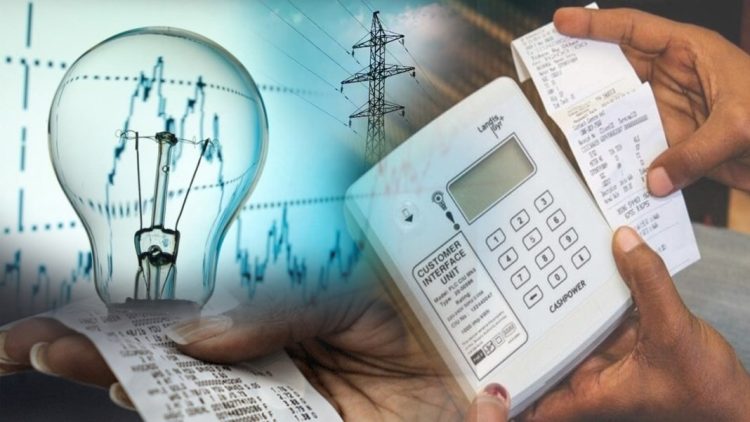The federal government will soon give approval for power companies to increase prices to N200 ($0.15) per kilowatt-hour from the current rate of N68 for urban consumers.
This, according to a report by Bloomberg, quoting Presidency sources, is in a bid to revitalise the country’s energy sector and reduce substantial subsidies.
Minister of Power, Adebayo Adelabu, recently said the government’s continued subsidisation of power was no longer sustainable.
“This initiative targets 15 percent of the population, identified as heavy electricity consumers, who reportedly consume 40 percent of the nation’s electricity supply,” the sources were quoted to have said.
The sources said President Bola Tinubu, with this development, aims to address persistent price distortions in the sector, despite the privatisation efforts initiated in 2013.
The segmentation of the state-owned power firm into multiple distribution and generation companies, followed by their sale to private investors, hasn’t yielded the desired outcome.
Bayo Onanuga, a spokesperson for the presidency, emphasised that any official pronouncements regarding the tariff adjustment would come from the regulatory authority following discussions with stakeholders. He reiterated the pressing need to address the challenges confronting the electricity sector, acknowledging its detrimental impact.
The decision to raise tariffs comes amidst mounting pressure from debt-laden electricity distribution companies, advocating for cost-reflective pricing to bolster their financial viability.
Although the privatisation of generation and distribution was intended to foster efficiency, tariff setting remains under the purview of the Nigeria Electricity Regulatory Commission, a government entity. Consequently, power companies have been unable to recoup distribution costs, necessitating government subsidies.
Highlighting the magnitude of the capital deficit, government estimates indicate a shortfall of approximately N2 trillion in the electricity sector, necessitating fresh investments to catalyse growth.
In addition, the tariff adjustment aims to curtail government expenditure, confining subsidies solely to impoverished rural communities. Previously, the intervention incurred monthly costs of around N120 billion, further exacerbated by currency devaluation in January.
The International Monetary Fund (IMF) has cautioned against the fiscal implications of subsidising fuel and electricity below cost recovery, forecasting a potential impact equivalent to 3 percent of Nigeria’s GDP in 2024.
Despite abundant gas and hydroelectric resources, Nigeria struggles with frequent power outages, with its grid supplying less than 4,000 megawatts to over 200 million inhabitants.
The Nigerian Midstream and Downstream Petroleum Regulatory Authority has revised the price of natural gas, a key component in electricity generation, from $2.18 to $2.42 per one million British thermal units (MMBtu).









